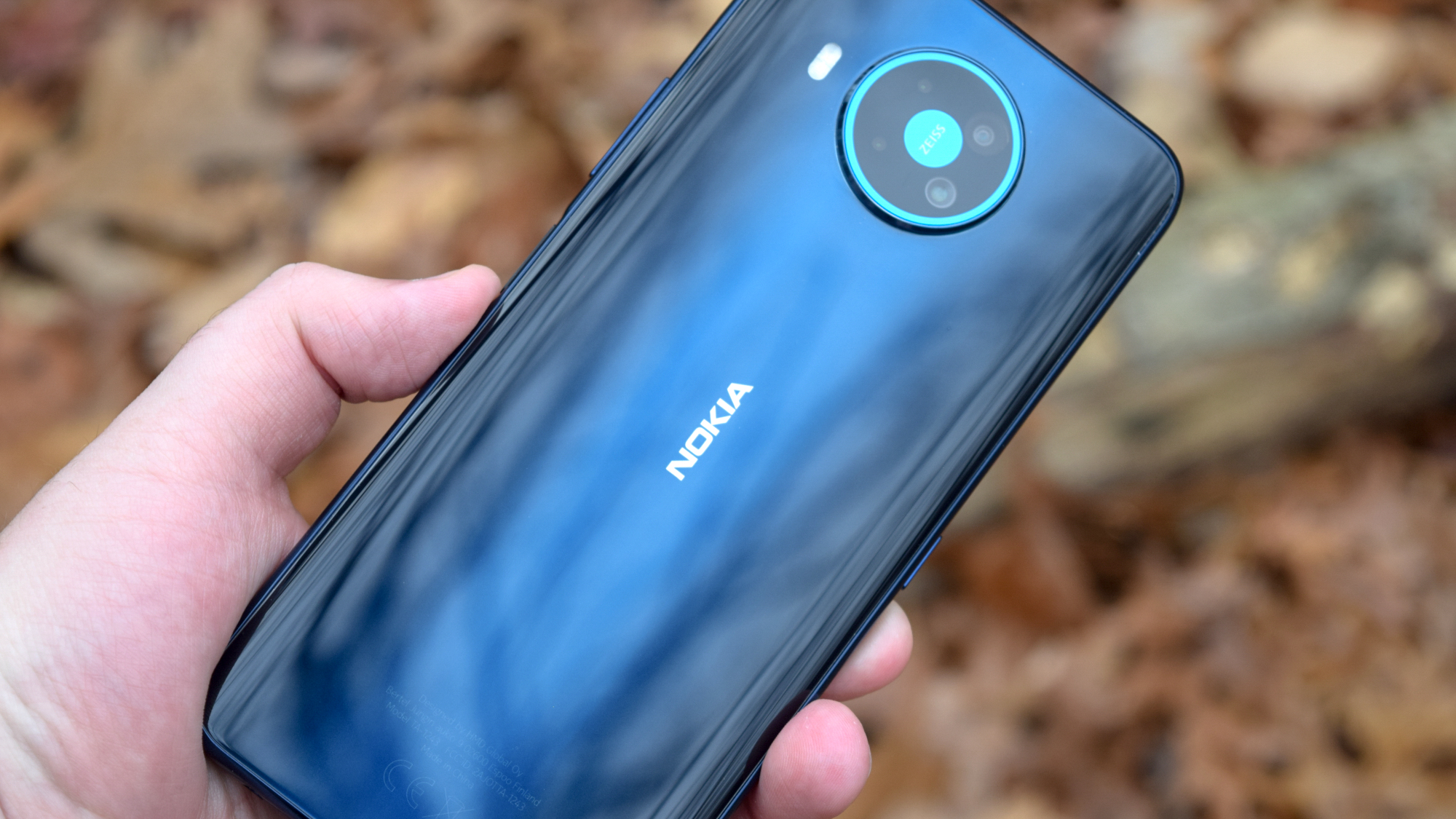
It looks like the Nokia brand may be set to die all over again. The current custodian of the mobile brand name — HMD Global — has published a slightly confusing blog post that simultaneously promotes 2024 as “the year of Human Mobile Devices” with “original HMD devices and phones from all-new partnerships” while giving mixed signals on its Nokia-products.
“Love Nokia phones? Same here,” reads a heading that then goes on to say that “you can keep shopping for Nokia phones, tablets and accessories” and that “your current Nokia devices will continue to get the full backing and support they deserve”. But crucially it doesn’t take the opportunity to say there will be any new products before its licensing agreement expires in 2026.
That has the vibes of a company winding down a product line without explicitly saying so. And a LinkedIn post from Lars Silberbauer, CMO of Nokia Phones and HMD, doesn’t inspire confidence in the long-term prospects for the Nokia brand either.
“While we've been known as the makers of Nokia phones, our vision extends beyond this legacy,” he wrote. “We're transitioning from being a licensee to becoming a multi-brand company with our own distinct HMD brand product line, complemented by several licensing partnerships and significant brand collaborations we're itching to unveil at MWC later this month.”
When asked directly if this meant we will see any new Nokia smartphones or just old-school feature phones with the Nokia branding, Silerbauer responded “let’s see what happens next week,” accompanied by a winking emoji.
Perhaps that means there will be some more Nokia phones, and HMD is merely diversifying so that it doesn’t need to renew the licensing deal in 2026. 91mobiles claims that HMD will release some Nokia handsets in 2024, but they’ll only be available offline and “may carry a slightly higher price tag” than the more widely available HMD models.
The whole thing has slight echoes of the afterlife of BlackBerry, which was licensed twice after RIM gave up on hardware. TCL Communication would ultimately abandon its license in 2020 after producing a handful of Android-powered smartphones with keyboards. Onward Mobility then snapped up the name, but failed to bring its promised 5G BlackBerry to market in the end.







